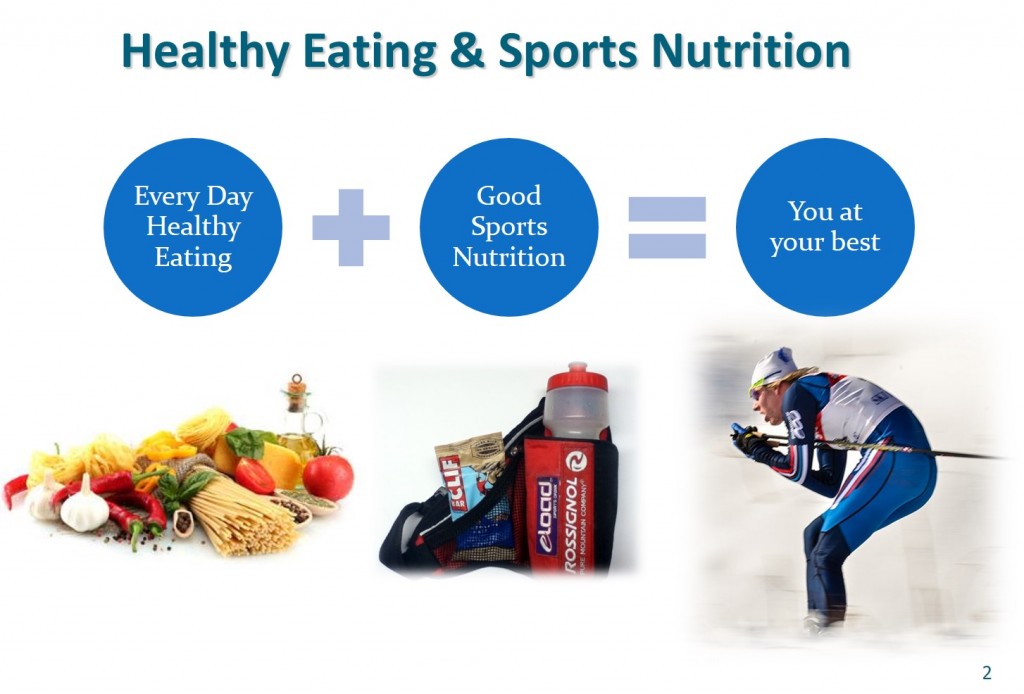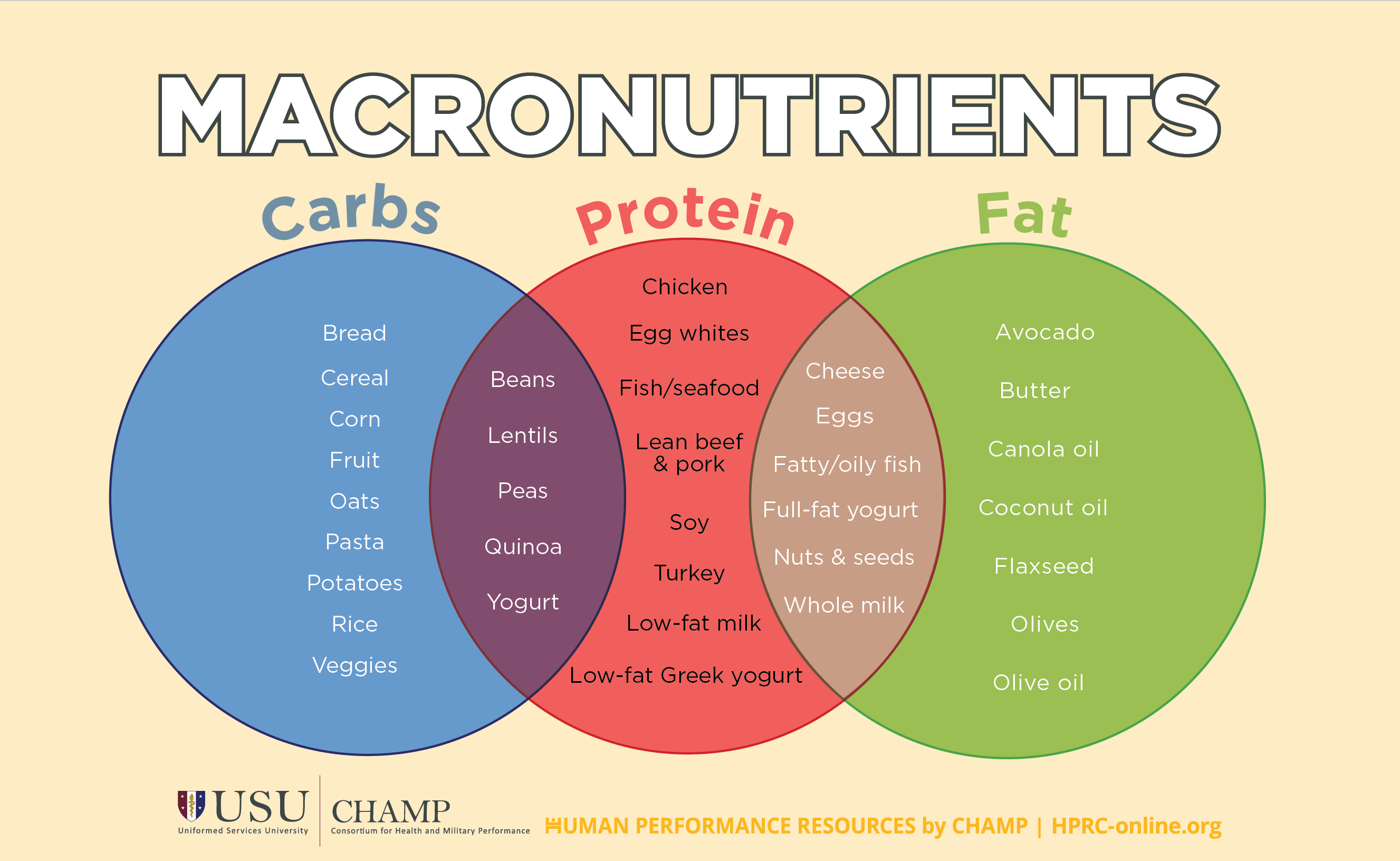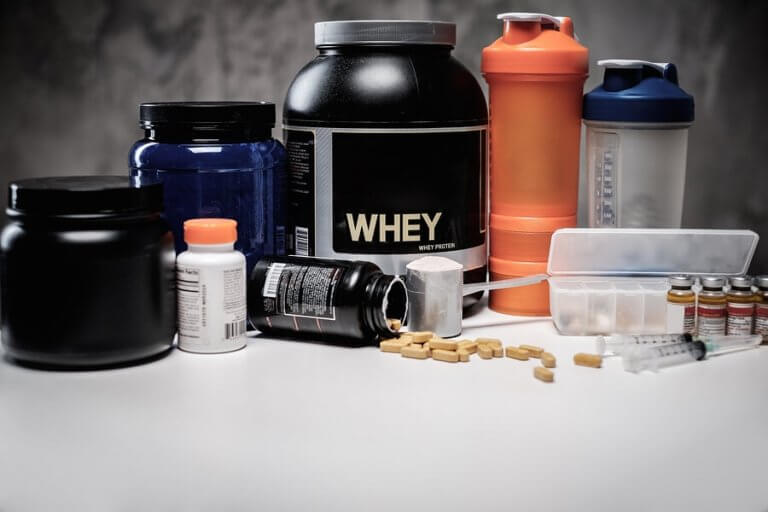Understanding the Link Between Nutrition and Athletic Performance
The significance of “Nutrition tips for optimal athletic performance” has grown exponentially in recent years. We are witnessing a revolution in the sports world as athletes and trainers alike are acknowledging the pivotal role nutrition plays in enhancing athletic prowess.
Nutrition, in essence, is the fuel that drives an athlete’s performance. It’s comparable to the quality of fuel used in a race car; the better the fuel, the superior the performance. A 2018 study published in the Nutrients journal highlights the correlation between an athlete’s diet and their output on the field. It emphasizes that adequate nutrition can optimize energy production, recovery time, and overall performance.
The concept of ‘fueling the body for performance’ is not just about consuming calories. Rather, it’s about intelligent and strategic consumption. It’s about understanding what the body needs and when it needs it. It’s about maximizing nutrient intake to enhance performance and recovery.

However, it’s essential to note that there’s no one-size-fits-all approach when it comes to nutrition for athletes. Dietary needs can vary based on several factors, including the type of sport, the athlete’s body composition, and their training regimen. Hence, it’s crucial for athletes to work with nutritionists or dietitians to develop personalized meal plans.
While the current understanding of sports nutrition is robust, there’s still plenty of room for growth. Future research could dive deeper into the role of genetics in determining an athlete’s nutritional needs or explore novel dietary strategies for enhancing performance.
Undeniably, nutrition is a key player in the realm of sports. As such, athletes and those associated with them should prioritize understanding and leveraging the power of nutrition for optimal performance.
The Role of Macronutrients in Athletic Performance
When deciphering the “Nutrition tips for optimal athletic performance”, understanding the role of macronutrients is crucial. Macronutrients are the building blocks of our diet, and they directly impact our energy, recovery, and athletic performance.
Macronutrients are divided into three main types: carbohydrates, proteins, and fats. Each of these plays a unique role in supporting the body’s functions and an athlete’s performance.
Carbohydrates are the body’s primary source of energy. They are quickly broken down into glucose, which fuels our muscles and brain. For athletes, consuming an adequate amount of carbs ensures that their energy levels are sustained throughout their performance. A study published in the Journal of the International Society of Sports Nutrition recommended that athletes consume between 6 to 10 grams of carbs per kilogram of body weight daily.

Proteins, on the other hand, contribute to muscle repair and growth. They are essential for athletes, especially those involved in strength and power sports, as they help in the recovery and growth of muscle tissues damaged during training.
Lastly, fats are a concentrated source of energy. They are crucial for endurance athletes as they provide the energy needed for long-duration activities. However, it’s essential to focus on healthy fats, like those found in avocados, fatty fish, and nuts.
It’s important to note that the ideal proportion of these macronutrients can vary based on the athlete’s sport, training intensity, and individual metabolic considerations. Customizing the macronutrient ratio to the athlete’s needs can help optimize their performance.
We are just scratching the surface of understanding how macronutrients impact athletic performance. Future advancements in nutritional science may provide more detailed and personalized guidelines for athletes. For now, athletes should focus on maintaining a balanced diet, rich in high-quality macronutrients, to support their performance and recovery.
How to Optimize Your Diet for Endurance Sports
Endurance sports, such as marathon running, cycling, and swimming, require a unique approach to nutrition. The “Nutrition tips for optimal athletic performance” for endurance athletes focus on providing sustained energy and preventing fatigue.
Endurance athletes primarily rely on carbohydrates for energy. As such, their diet should be rich in high-quality carbs that provide a steady release of energy. Foods like whole grains, fruits, and vegetables are excellent sources of such carbs.
However, it’s not just about consuming carbs. The timing of carb intake also matters. Consuming a carb-rich meal a few hours before an event can help ensure that the body has enough glycogen (stored form of glucose) to fuel the activity. Additionally, consuming carbs during the event can help maintain energy levels and delay fatigue.

Protein is another crucial macronutrient for endurance athletes. While it’s not a primary source of energy, it aids in muscle recovery and repair. Consuming a balanced meal with protein and carbs after an event can help speed up recovery.
Hydration is also a key aspect of an endurance athlete’s diet. They should ensure they are well-hydrated before, during, and after the event to prevent dehydration and electrolyte imbalances.
While these guidelines provide a good starting point, it’s important to remember that each athlete is unique. Factors like the athlete’s weight, the intensity of the activity, and individual metabolic considerations can influence their nutritional needs. Therefore, it’s beneficial for endurance athletes to work with a sports nutritionist to develop a personalized nutrition plan.
As our understanding of sports nutrition continues to evolve, we may discover new strategies for optimizing the diet of endurance athletes. For now, focusing on a balanced diet, proper hydration, and strategic timing of nutrient intake can go a long way in enhancing endurance and performance.
Powering Up: Nutrition Tips for Strength and Power Athletes
For athletes engaged in strength and power sports, nutrition plays a pivotal role in optimizing performance and recovery. Unlike endurance athletes, strength and power athletes have unique nutritional needs that cater to explosive movements and muscle recovery.
Protein takes center stage in the diet of strength and power athletes. It is essential for muscle repair and growth. Studies have shown that consuming protein-rich meals post-workout can aid in muscle recovery and promote muscle hypertrophy. The ideal protein intake for strength athletes is approximately 1.6 to 2.2 grams per kilogram of body weight.
Carbohydrates also play a crucial role in the diet of strength and power athletes. While they may not require as high a carbohydrate intake as endurance athletes, carbs are still essential for providing the energy needed for intense workouts. Opting for complex carbohydrates, such as whole grains and starchy vegetables, can ensure a sustained release of energy.

Fats, particularly healthy fats, contribute to overall health and can aid in hormone production. Including sources of healthy fats, such as avocados and nuts, in the diet can support the overall well-being of strength and power athletes.
Hydration is equally important for strength and power athletes. Proper hydration can enhance performance, aid in muscle recovery, and prevent cramping during intense workouts.
When it comes to supplements, strength and power athletes often turn to protein powders and creatine. These supplements can aid in muscle recovery and provide the necessary nutrients for muscle growth. However, it’s essential to approach supplements with caution and consult with a sports nutritionist before incorporating them into the diet.
As our understanding of sports nutrition continues to evolve, we may uncover more tailored dietary strategies for strength and power athletes. By staying updated with the latest research and working closely with nutrition experts, athletes can fine-tune their diets to meet their unique performance and recovery needs.
Hydration: An Athlete’s Best Friend
Hydration is a cornerstone of athletic performance and overall well-being. Proper hydration not only enhances an athlete’s physical capabilities but also safeguards against dehydration-related health issues.
Water is the body’s primary component, making up a significant portion of our muscles and vital organs. During physical activity, the body loses water through sweat, which must be replenished to maintain optimal performance. Studies have shown that even mild dehydration can impair an athlete’s cognitive function and physical endurance.
Emphasizing the importance of hydration in sports is crucial. Athletes should be mindful of their fluid intake before, during, and after training or competition. The American College of Sports Medicine recommends that athletes drink about 16-20 ounces of water a few hours before an event and 7-10 ounces every 10-20 minutes during the event.

Electrolyte balance is also essential for athletes, especially those engaged in endurance sports. Electrolytes, such as sodium and potassium, play a vital role in maintaining fluid balance and muscle function. Sports drinks or electrolyte-enhanced water can help replenish these essential minerals lost through sweat.
While the focus is often on the physical benefits of hydration, it’s equally important to address the psychological and cognitive impact. Proper hydration can enhance an athlete’s mental focus and alertness, contributing to better decision-making during competition.
Looking ahead, advancements in hydration science may lead to innovative strategies for personalized hydration plans tailored to individual athletes. By integrating cutting-edge research and technology, athletes can optimize their hydration strategies to achieve peak performance.
Supplements: Do They Give Athletes an Edge?
The use of supplements in an athlete’s diet is a topic of much debate. While some supplements have shown potential benefits, it’s essential to critically evaluate their role in enhancing athletic performance.
One of the most popular supplements among athletes is protein powder. Protein supplements can be convenient for athletes to meet their increased protein needs, especially for muscle recovery and growth. However, it’s important to note that whole food sources of protein, such as lean meats and dairy products, can also fulfill these requirements.
Creatine is another widely used supplement, particularly among strength and power athletes. Research has demonstrated that creatine supplementation can enhance muscle strength and power output during high-intensity activities. However, it’s crucial for athletes to use creatine under the guidance of a sports nutritionist to ensure safe and effective usage.

On the other hand, the use of certain supplements, such as fat burners and pre-workout formulas, raises concerns. These supplements often contain stimulants and other ingredients that may have adverse effects on an athlete’s health and performance. It’s imperative for athletes to approach such supplements with caution and seek professional advice before use.
Looking ahead, the future of sports supplementation may involve personalized and tailored approaches based on an athlete’s unique needs and genetic makeup. Advancements in nutrigenomics and personalized nutrition may pave the way for individualized supplement regimens that optimize an athlete’s performance while minimizing potential risks.
As the landscape of sports supplementation continues to evolve, it’s crucial for athletes to stay informed about the latest research and consult with qualified professionals to make informed decisions about supplement usage.
Practical Meal Plans for Athletes
Creating practical and effective meal plans is essential for athletes to meet their nutritional needs and optimize their performance. Tailoring meal plans to different types of athletes can ensure that they receive the necessary nutrients to fuel their training and recovery.
Endurance Athlete Meal Plan:
For endurance athletes, a meal plan should focus on providing sustained energy. A typical day’s meal plan might include oatmeal with fruits and nuts for breakfast, a quinoa and vegetable salad for lunch, and a grilled salmon with sweet potatoes for dinner. Snacks can include yogurt, whole grain crackers, and energy bars.
Strength and Power Athlete Meal Plan:
Strength and power athletes require a meal plan that supports muscle recovery and growth. Their meal plan might include a protein-rich breakfast of eggs and whole grain toast, a chicken and vegetable stir-fry for lunch, and a lean beef with brown rice for dinner. Snacks can include protein shakes, Greek yogurt, and mixed nuts.
Hydration and Recovery:
Regardless of the type of athlete, proper hydration and post-workout recovery meals are crucial. Including plenty of water, electrolyte-rich drinks, and meals with a balance of protein and carbohydrates can aid in recovery and replenish energy stores.

Meal plans should be flexible and adaptable to an athlete’s training schedule and dietary preferences. Consulting with a sports nutritionist can help athletes customize their meal plans to meet their specific needs and goals.
Looking ahead, advancements in personalized nutrition and meal planning tools may revolutionize the way athletes approach their dietary strategies. By leveraging technology and scientific research, athletes can create highly tailored meal plans that optimize their performance and overall well-being.
Summing Up: Key Takeaways on Nutrition for Optimal Athletic Performance
As we conclude our exploration of nutrition strategies for peak athletic performance, it’s crucial to emphasize the key takeaways that can guide athletes towards achieving their performance goals.
Nutrition as a Performance Driver: The role of nutrition in sports cannot be overstated. Scientific studies have consistently demonstrated the profound impact of nutrition on an athlete’s performance, recovery, and overall well-being. Fueling the body for performance is not just a concept but a fundamental principle that underpins athletic success.
Macronutrients and Their Significance: Carbohydrates, proteins, and fats play distinct yet interconnected roles in an athlete’s diet. The ideal proportion of these macronutrients varies based on the type of athletic activity, with endurance athletes requiring a different balance compared to strength and power athletes.
Hydration and Recovery: Proper hydration is indeed an athlete’s best friend. It not only enhances physical performance but also safeguards against dehydration-related health issues. Integrating effective hydration strategies into an athlete’s routine is paramount for sustained success.
Supplements: A Critical Evaluation: The role of supplements in an athlete’s diet is a topic of ongoing debate. While certain supplements have shown potential benefits, it’s essential for athletes to critically evaluate their usage and seek professional guidance to ensure safe and effective supplementation.
Practical Meal Plans: Tailoring meal plans to meet the specific needs of different types of athletes is essential. Practical and easy-to-follow meal plans can provide athletes with the necessary nutrients to fuel their training, recovery, and overall performance.
Looking ahead, the future of nutrition strategies for athletic performance may involve personalized and tailored approaches based on an athlete’s unique physiological and metabolic characteristics. By leveraging cutting-edge research and technology, athletes can optimize their nutrition plans to achieve peak performance while minimizing potential risks.

